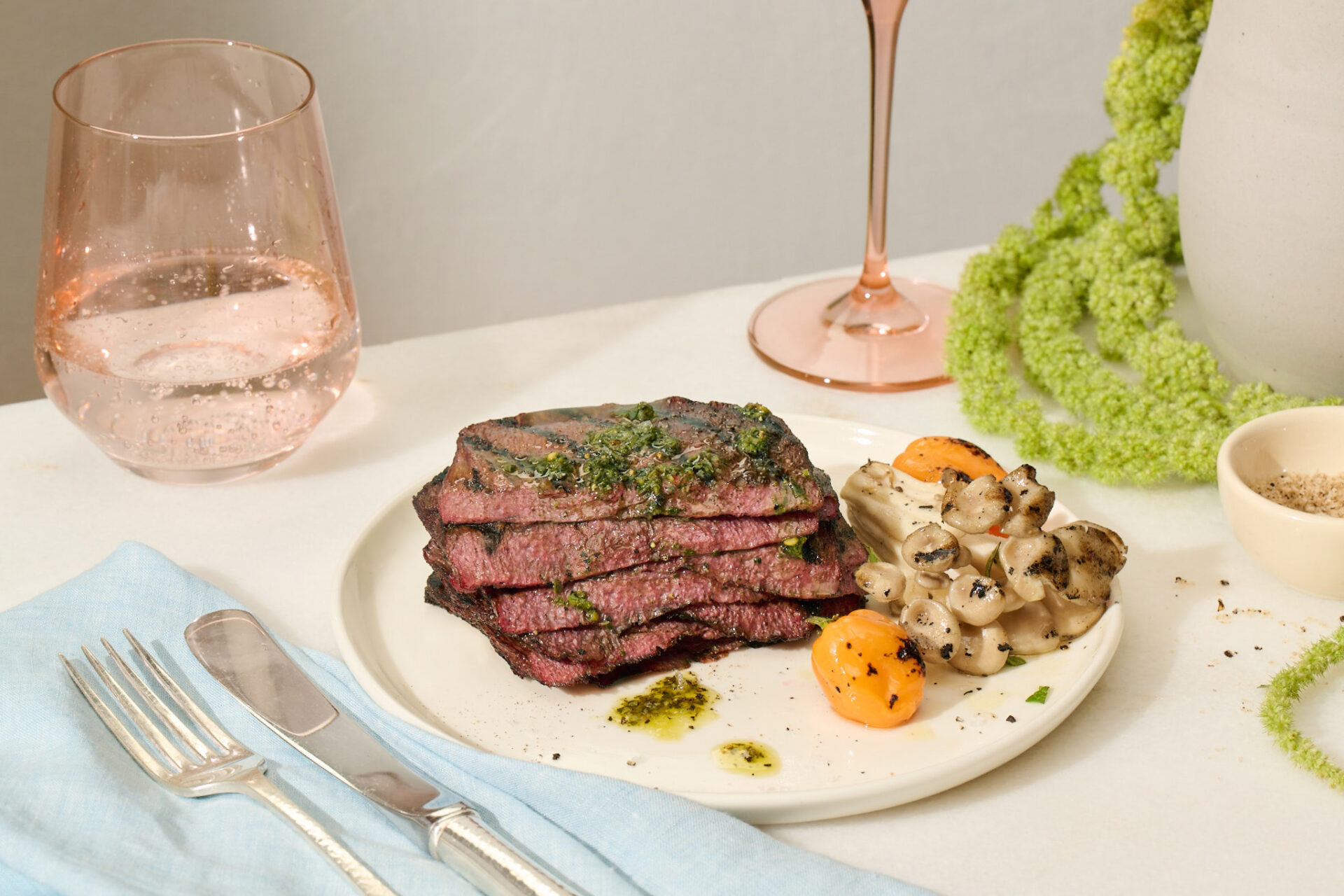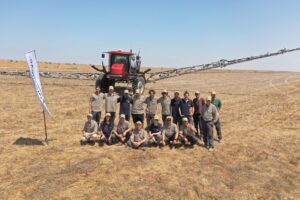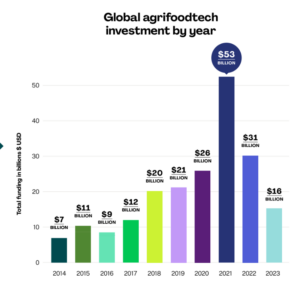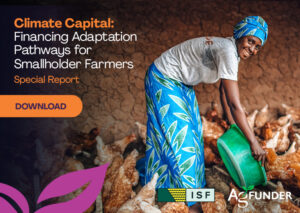- Israel’s Ministry of Health (MoH) agency has issued a “no questions” letter to Aleph Farms, granting the company pre-approval for its cultivated beef steaks.
- The pre-approval is the first-ever green light for a non-chicken cultivated meat product; it’s also the first approval for a cultivated meat company in the Middle East.
- Aleph Farms will first unveil its beefsteak analogues to restaurant diners before a wider release.

Why it matters:
The no questions letter deems Israel-based Aleph Farms’ product — a thin-cut beefsteak it’s calling “Aleph Cuts” — safe to eat. It grants Aleph Farms permission to produce and market its product, a spokesperson for the company confirmed to AgFunderNews.
Said permission is subject to specific directions for labeling and marketing provided by the MoH and the completion of a Good Manufacturing Practices (GMP) inspection for the company’s pilot production facility.
Aleph Farms will first introduce Cuts to diners in select restaurants in Israel in the form of a cultivated “petit steak.”
Aleph is using cells from a premium Black Angus cow along with soy and wheat proteins to create the product, which was developed without the ever-controversial fetal bovine serum in the mix.
After debuting cuts to diners this year, Aleph intends to launch the product in foodservice and retail locations, according to the company’s spokesperson. Its regulatory team is also working with authorities in other markets.
Aleph Farms’ stands out somewhat in the cultivated meat world because of its decision to focus on something other than chicken. Both GOOD Meat and UPSIDE Foods, which have received regulatory green lights in the US (and Singapore for Good Meat), have so far stuck to chicken nuggets or chicken tender-like products.
Speaking to AgFunderNews last year, Aleph’s CEO Didier Toubia said the decision to go for beef is rooted in making “high-impact, high-value products.”
“We believe that for cultivated meat to be a reasonable offering in the market, it needs first to solve real issues in terms of impact. And in terms of land, water, greenhouse gas emissions, you name it, beef is really the issue to take care of,” he said.
“The selling price of beef [steaks] is also much higher than chicken nuggets or mincemeat, so we believe that as cultivated meat will be relatively expensive until we drive the cost curve down and become competitive in the mass market, we need to focus on products with the highest selling point at the beginning, which is the same strategy that Tesla implemented.”

















